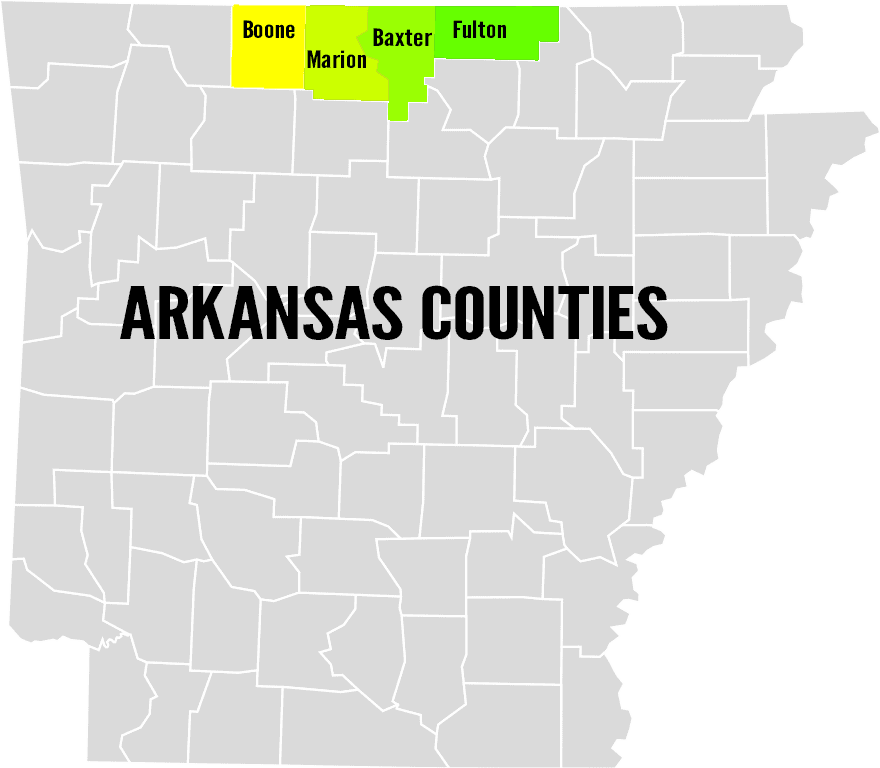The Arkansas Department of Health (ADH) issued a fish consumption advisory for walleye on Bull Shoals Lake (Marion, Baxter, and Boone counties) and Norfork Lake (Baxter and Fulton counties). This advisory comes after some walleye from both waterbodies, collected by the Arkansas Game and Fish Commission and tested by the Arkansas Division of Environmental Quality, were found to contain levels of mercury that have the potential to put human health at risk.
The ADH has scheduled a meeting on February 7th at the Donald W. Reynolds Library in Mountain Home beginning at 5 p.m. to answer public questions on this advisory. Personnel with AGFC and ADEQ will be in attendance as well to answer questions related to their roles in the process.
Currently, over 20 waterbodies in Arkansas are under a fish consumption advisory due to mercury. Nationally, all 50 states have consumption advisories for at least one fish species due to mercury.
This advisory is a notice about the mercury levels present in some walleye and the possible health effects on those who regularly eat the fish from these lakes. This advisory does not affect swimmers, skiers, boaters, catch and release activities, or other recreational uses and does not limit the use of Bull Shoals Lake or Norfork Lake as a drinking water source.
Occasional fish consumers, such as vacationers and sport anglers, are at little risk for adverse health effects. Those most at risk include pregnant women, small children and people who frequently eat walleye from Bull Shoals or Norfork lakes.
The fish consumption advisory is as follows:
- High Risk Groups (pregnant women, breastfeeding women, women planning to be pregnant, and children under the age of 7 years)
- The ADH states these individuals should not eat walleye (18 inches or longer) from these lakes.
- General Public (men, women, and children seven years and older)
- The ADH recommends eating no more than two meals per month of walleye (18 inches or longer) from these lakes.
Eating fish with mercury will not make people sick right away, but as you eat more and more, it can build up in the body and over time, potentially cause adverse health effects.
The Arkansas Department of Health issues fish consumption advisories when enough data indicate elevated levels of mercury. Fish are an important, low-fat source of protein. Knowing and following the fish consumption advisories allows you to safely keep fish as an important part of your diet.
For more information about fish consumption advisories in Arkansas, visit www.healthy.arkansas.gov and type “mercury” in the Smart Search box located on the right-hand side of the page. You may also visit Fish Consumption Advisories.






